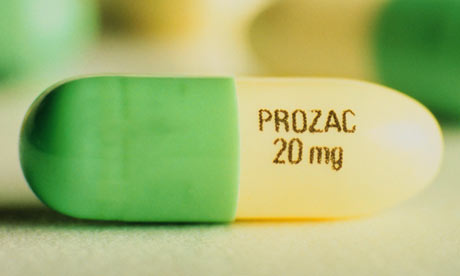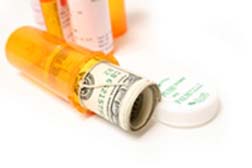
Profiting from mental ill-health
There’s a reason psychiatrists prescribe drugs rather than talking therapy: the latter makes no money for pharmaceutical firms. The New York Times recently led with a front-page splash about psychiatry’s propensity to prescribe pills, “Talk Doesn’t Pay, So Psychiatry Turns Instead to Drug Therapy”. That news is already widely known in the mental health field, but it has vast ramifications for Americans trying to maintain their sanity in our market-driven and medical system for delivering mental healthcare. What does the turn to drug therapy mean for the mass of Americans?




